Dhaka discovers Salsa: weekly dance nights taking off
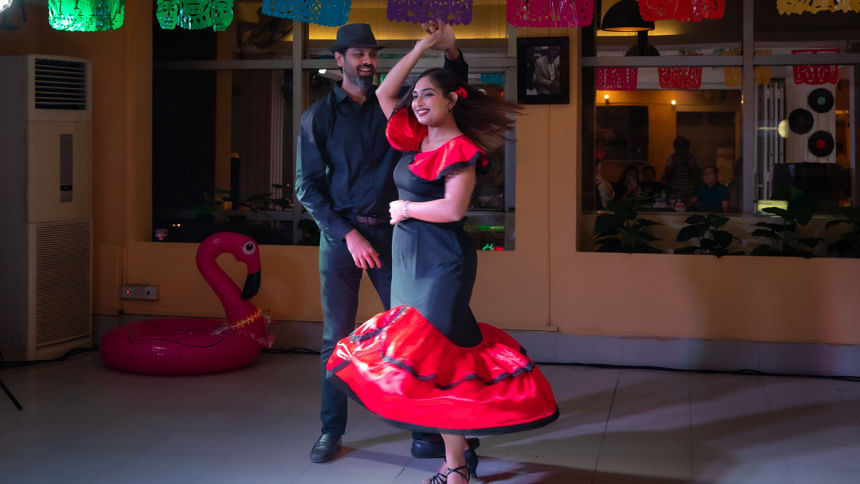
When people think of Dhaka's dance culture, salsa is usually not on the list. Classical styles like kathak, contemporary forms, or the occasional K-pop cover dance dominate most studio mirrors and YouTube reels. But somewhere between Latin beats and hesitant first steps, a subculture has quietly been growing – one foot forward, one spin at a time.
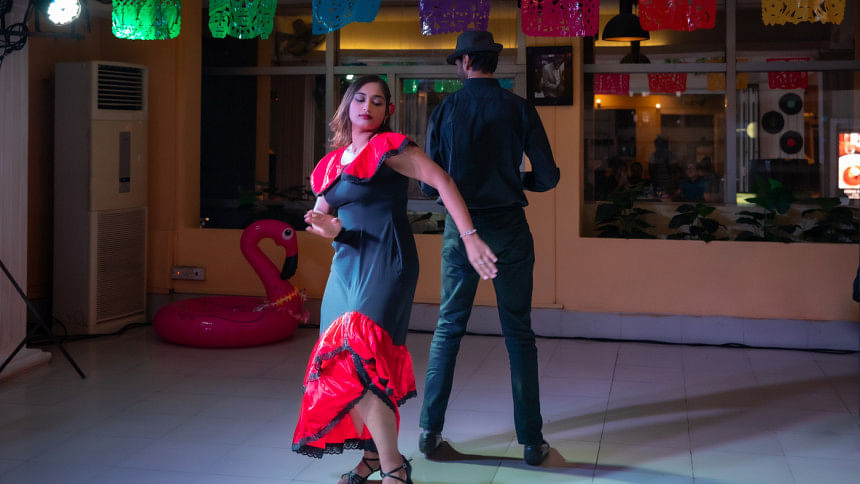
A shift that didn't happen overnight
When Aks, founder of Havana Salsa, moved back to Bangladesh, he found a void. "There were no proper spaces for salsa. You couldn't practice, you couldn't learn," he says.
Having grown up abroad, where salsa clubs and socials are part of the weekend routine, he found the absence striking. So, he decided to test the waters.
In 2019, he hosted what he called a "trial run" — Havana Salsa's first social dance night in Dhaka. A few people came. Some out of curiosity. Some out of sheer boredom. But they stayed.
Now, Havana Salsa has become a quietly determined movement. They hold weekly socials, train beginners, and perform at events — but what they do is introduce people to a way of moving that's equal parts physical and social
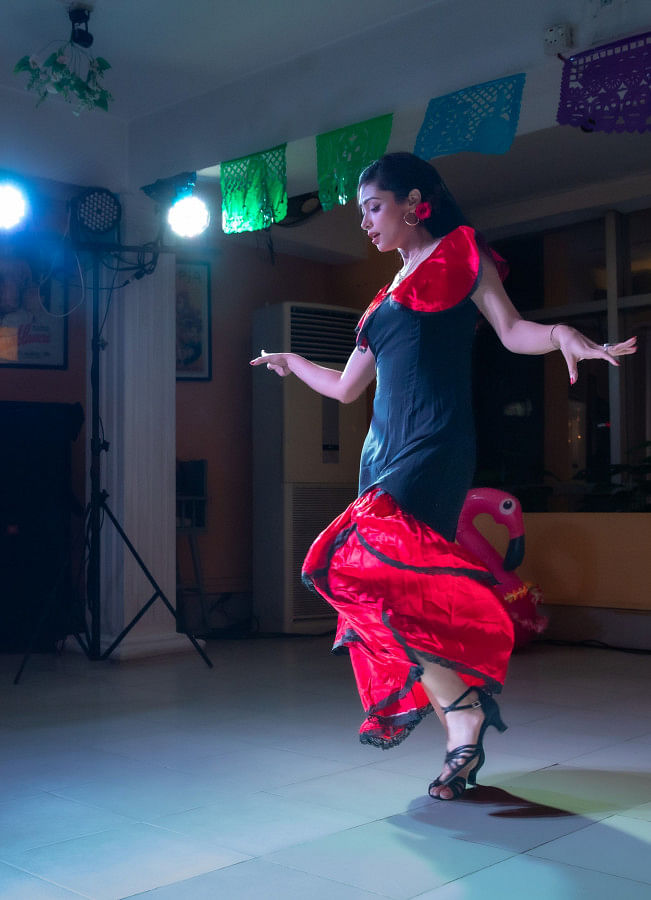
Why salsa?
Salsa isn't just a dance form. It's a conversation — one that doesn't require language. The appeal isn't in how fast you can spin, but in how well you connect with your partner.
"You learn to listen differently — not with your ears, but with your body," Aks says. The goal, especially at Havana Salsa, has never been about technique perfection or showmanship. It's about participation.
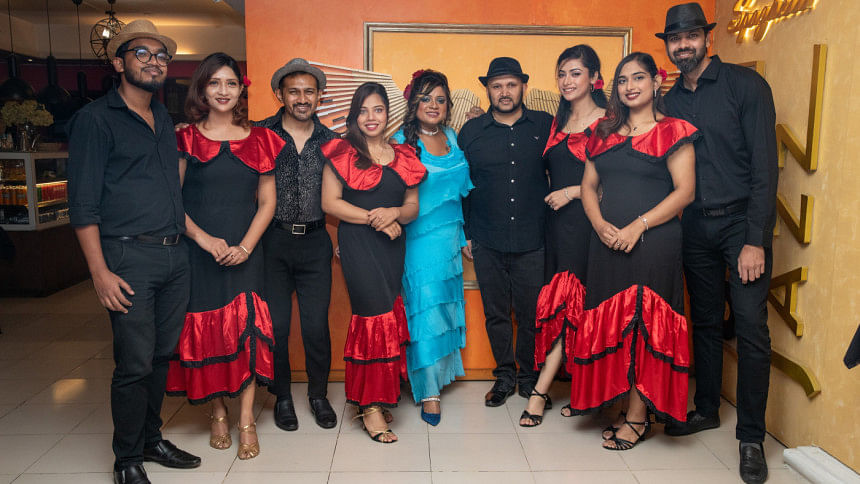
"There's something disarming about salsa," says Nuzhat Sowm, one of Havana Salsa's instructors. "People come in rigid, guarded. You see their arms crossed when they walk in. By the end of the class, they're laughing at themselves and high-fiving strangers."
Most of the people who join aren't dancers. Many are in their late twenties or older, dipping their toes into something entirely new. Some are dealing with anxiety. Others just want a break from routine. And what starts as an experiment often becomes a weekly ritual.
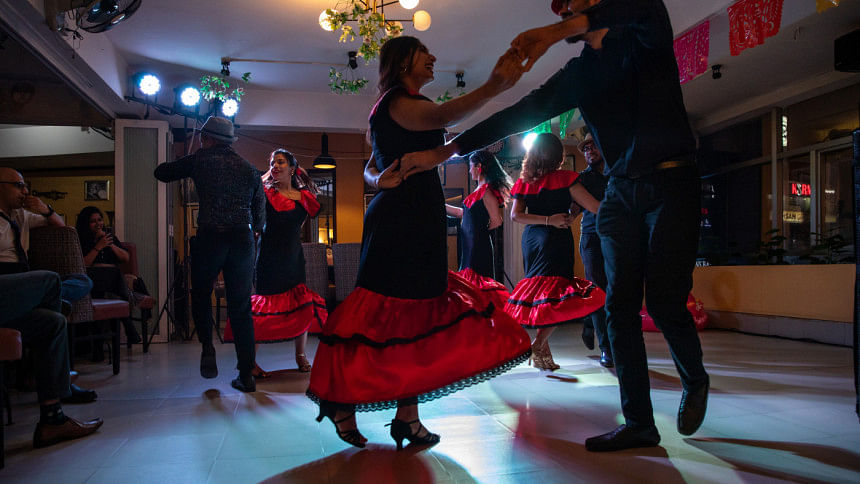
Breaking the hesitation
Sowm didn't plan to teach. Like most of the group's instructors, she started out as a student. "I wasn't sure I could even pick it up. The posture, the turns — it all felt unnatural at first." But then it clicked. The dance, she realised, wasn't about getting every move right. It was about showing up, every time, until the music felt familiar.
Still, teaching in a culture where social dancing is not the norm has its friction points. "People expect instant results. They think they'll learn a whole routine in one class," Sowm explains. "We have to reset that mindset. This is a slow burn."
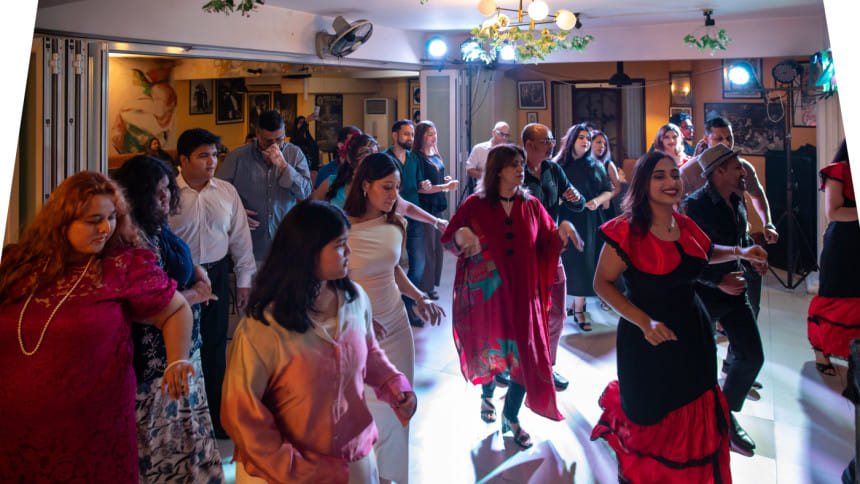
The night Dhaka danced
On June 26, 2025, Havana Salsa teamed up with Spaghetti Jazz in Gulshan 2 for an event that felt more like a cultural exchange than a themed party. The evening began with a dance workshop open to all — no experience needed — followed by live performances, social dancing, and a Flamenco-inspired show. Guests were encouraged to dress stylishly, and the atmosphere was festive, thanks in no small part to the venue's thoughtful touches.
"I've hosted Jazz nights and Bollywood evenings," says Zafreen Khan, who curated the Salsa Night at Spaghetti Jazz. "But this one felt different. It wasn't just a performance. People were part of it."
Khan's collaboration with Havana Salsa was sparked by her interest in global culture. "I was travelling near the Mexican border when the idea hit me — why not bring that energy to Dhaka?" she says. "We added Mexican props, food, and décor. The first time we hosted this, people left saying they had never experienced anything like it. That's why they keep coming back."
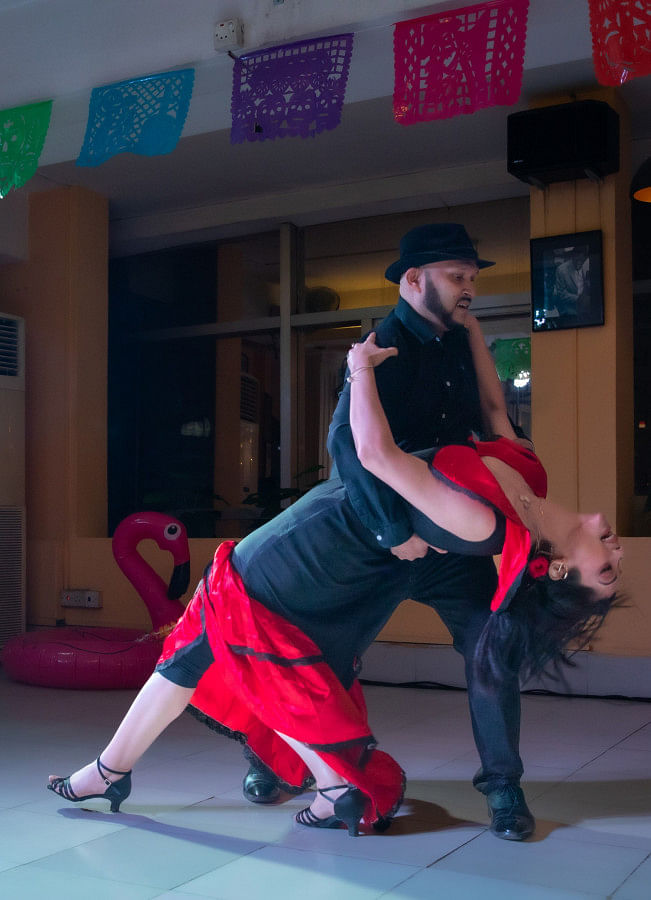
More than a dance
It's easy to dismiss social dancing as a one-off event. But what Havana Salsa builds is something longer-lasting: a sense of community. Students gain confidence. They meet new people. They learn how to be present. The instructors don't promise instant results — they promise a space where it's okay to mess up, to learn slowly, and to enjoy the process.
Salsa in Bangladesh still isn't mainstream. And maybe it never will be. But it's real, it's growing, and it's rewriting what dance means in Dhaka — not as performance, but as participation.
As Khan puts it, "You don't just watch salsa — you feel it, step by step."
Photo: Courtesy

 For all latest news, follow The Daily Star's Google News channel.
For all latest news, follow The Daily Star's Google News channel. 


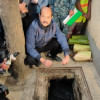
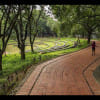
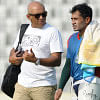



Comments